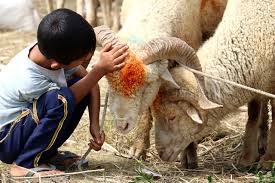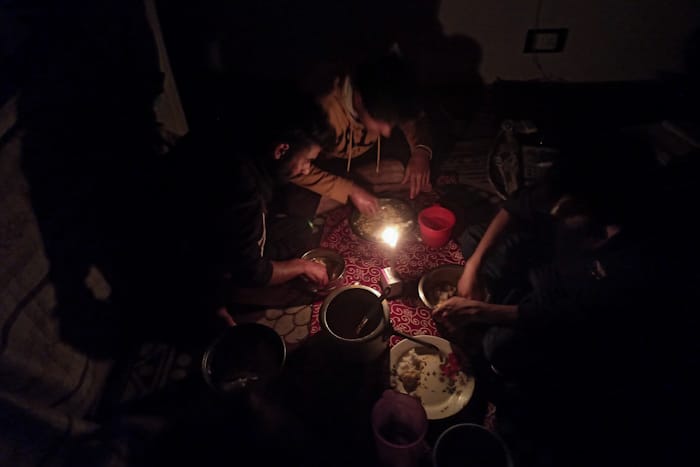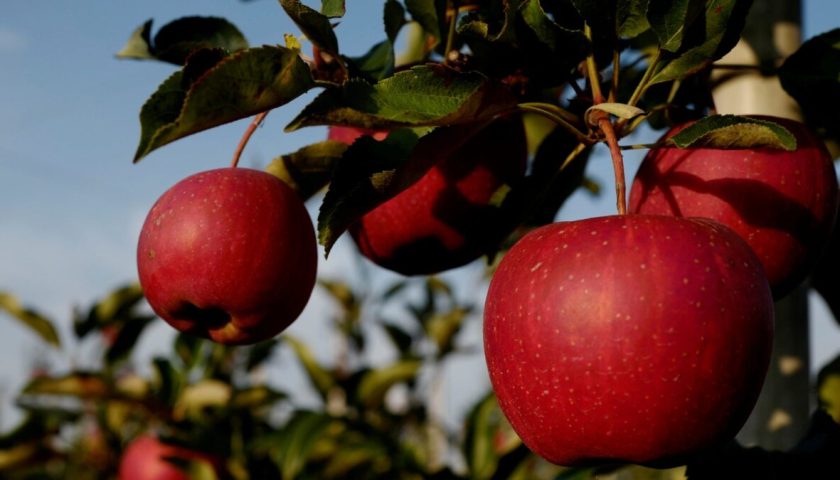Traders say still adapting to new tax regime; Import of goods witnesses a decline
With just three days left for Eid-ul-Adha or the festival of sacrifice, markets in Kashmir are yet to be fully abuzz with shoppers as factors like the recent implementation of Goods and Services Tax that has led to less import of goods to the Valley have proved to be a dampener. While traders and businessmen are hoping for footfalls to increase in next couple of days, they say an average rush of shoppers is doing no good to trade on the occasion of Eid.
“The festive spirit is clearly missing from the markets,” said Muhammad Yaseen Khan, chairman of Kashmir Economic Alliance. He said that “lack of disposable income” among people and uncertainty in the situation prevailing in Kashmir have taken a toll on trade.
“It is just like routine business as there is no spurt in footfalls despite the fact that there are just three days left for Eid. First the 2014 floods and then the 2016 unrest took a toll on purchasing power of people in the state. An average shopper is spending cautiously,” Khan said.
Farhan Kitab, media head of Kashmir Traders and Manufacturers Federation said that traders continue to suffer from lack of clarity with regard to GST which has “adversely impacted” their businesses ahead of Eid.
Kitab said businessmen here believe that trade in Kashmir will continue to suffer due to GST for at least next three business quarters.
“With the GST saga on for almost two months now, traders are in a fix and not able to place orders outside. Many goods in vogue, especially clothes, accessories, home durables, mobile phones etc. have not been able to reach the markets in time, which is disappointing for the aspiring shoppers,” Kitab said.
Jan Muhammad Kaul, vice chairman of Kashmir Economic Forum highlighted that while vendors are doing brisk business, average business transactions are being witnessed in the main showrooms.
“The state government had promised Rs 1.50 lakh compensation to shopkeepers affected by the 2014 floods but they received only part of the amount. Many businesses have shelved expansion plans but we hope for a turnaround if the situation stabilizes,” he said.
Bashir Ahmad Rather, president, KTMF said a drop in import of goods to Kashmir has impacted the overall business sentiment.
“There has been a drop in import of goods as MNCs outside did not accept orders for a long time in July when they moved to GST. Except food items and perishables, other business categories are missing the festive demand,” Rather said.
Aijaz Ahmad Qureshi, president, Kashmir Cellular Association said sale of mobile handsets is down by almost 60 percent. “There used to be no space to walk in the markets a few years back on the occasion of Eid.”
“Post-GST we were assured that prices will fall but surprisingly they have skyrocketed, making the purchase of products heavy on consumers’ pockets. 12 percent tax on mobile phone segment and 18 percent on services under the new tax regime have badly affected this sector,” Qureshi said.
President of Kashmir Chamber of Commerce and Industry Mushtaq Ahmad Wani said Tourism, Handicrafts and Horticulture industry are the backbone of Kashmir’s economy which has been dented due to various factors. Wani said an abysmal tourism year has translated into less spending power.
“Tourism took a hit due to negative media publicity which has affected cash flow in the markets. Apprehensions created by the hype on Article 35-A and other contentious issues are also responsible for the business uncertainty. People have been holding back their decisions of making big ticket purchases and even regular day-to-day shopping is happening very cautiously,” Wani said.






